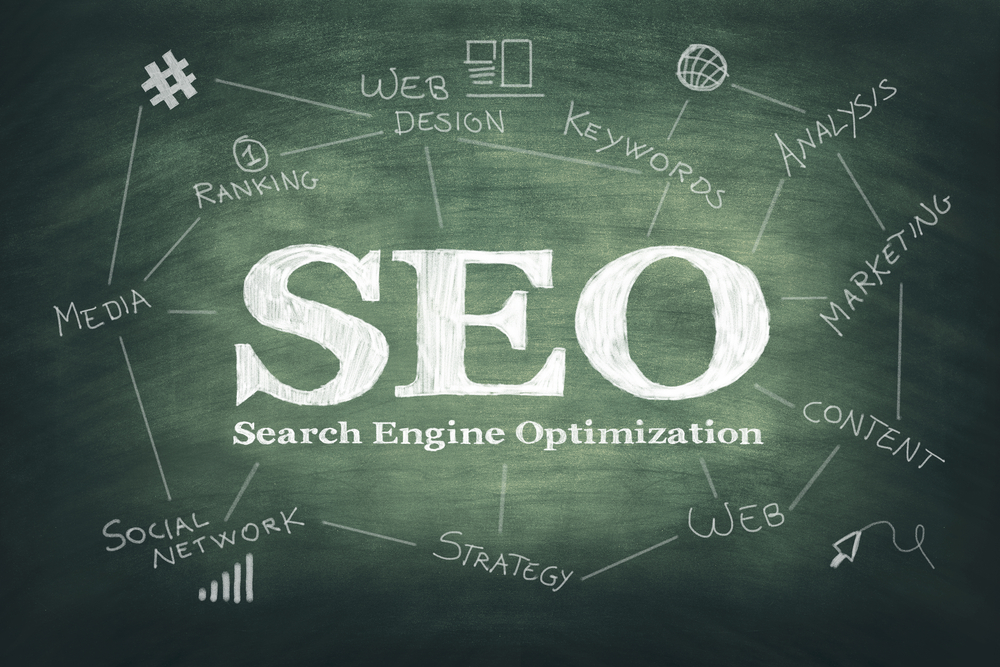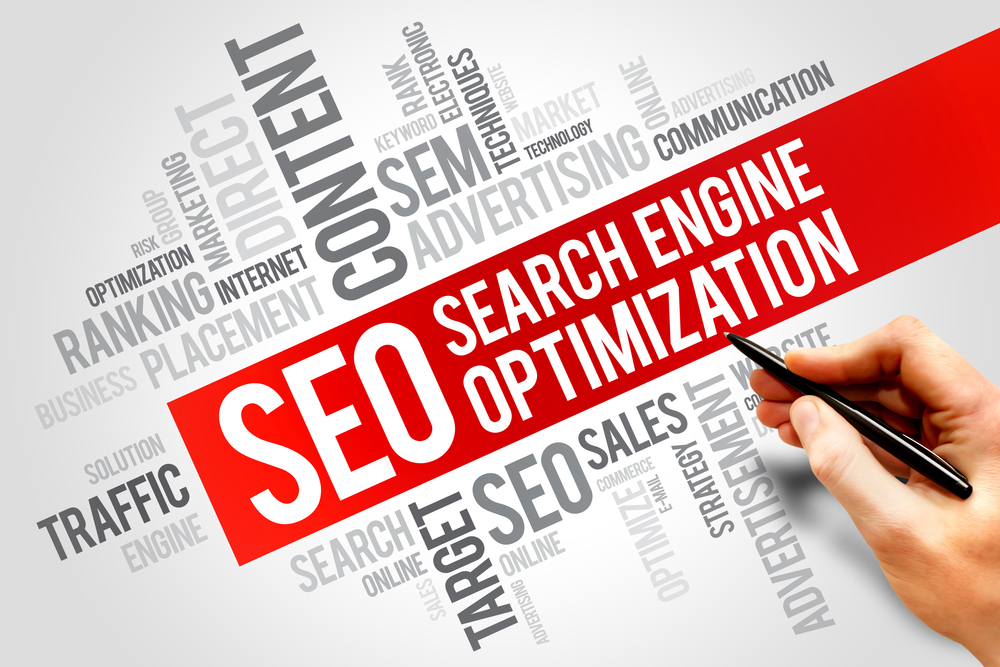
Boost Your Website's Rankings: Expert SEO and Link Building Tips

In today's digital age, having a strong online presence is essential for any business to stay competitive in the market. One of the most effective ways to improve your website's visibility and attract organic traffic is through search engine optimization (SEO). With proper SEO techniques and strategies, you can boost your website's rankings on search engine result pages (SERPs) and get ahead of your competitors. In this article, we will discuss expert SEO (or SEM) and link building tips to help you achieve higher rankings for your website.
1. Understand the Basics of SEM/SEO
To begin with, it's crucial to have a clear understanding of what SEO is and how it works. SEO (search engine optimization) is the process of optimizing your website and its content to appear higher in search engine results when users search for relevant keywords or phrases. This involves various on-page and off-page optimization strategies to improve the user experience and make your website more attractive to search engines like Google.
2. Conduct Keyword Research
Effective keyword research is the foundation of successful SEO/SEM . By identifying the keywords that your target audience is using to search for information related to your business, you can optimize your website to rank for those keywords. Use keyword research tools like Google Keyword Planner, SEMrush, or Moz Keyword Explorer to find relevant keywords with high search volumes and low competition. Incorporate these keywords naturally into your website's content, headings, and meta tags to improve your chances of ranking higher.
3. Create High-Quality Content
Content is king when it comes to SEO . Search engines prioritize websites that provide valuable and relevant content to their users. Therefore, focus on creating high-quality, original content that addresses your audience's pain points and offers solutions. Consider using different content formats like blog posts, videos, infographics, and podcasts to cater to different types of users. Aim to create engaging and shareable content that other websites would want to link to, which brings us to our next point - link building.
4. Embrace Strategic Link Building
Link building is an integral part of SEO and plays a significant role in improving your website's rankings. Search engines consider links from other credible websites to your site as a vote of confidence, indicating that your content is valuable and trustworthy. However, it's essential to focus on quality rather than quantity when it comes to building links. Seek opportunities to earn backlinks from reputable websites and industry influencers by creating remarkable content that they would want to link to. Additionally, guest posting on relevant websites and participating in industry forums and communities can also help you build valuable links.
5. Optimize Your Website's Loading Speed
Website speed is a critical factor that affects both user experience and search rankings. Slow-loading websites not only frustrate users but also have a higher bounce rate, leading to lower rankings. Optimize your website's loading speed by compressing images, using caching techniques, minifying CSS and JavaScript files, and choosing a reliable hosting provider. Regularly monitor your website's speed using tools like Google PageSpeed Insights or GTmetrix, and make the necessary optimizations to provide the best user experience possible.
6. Implement On-Page SEO Techniques
On-page optimization involves optimizing various elements on your website to make it more search engine friendly. These include optimizing your titles, meta descriptions, headings, URL structures, and image alt tags with relevant keywords. Ensure that your website has a clear and logical structure with easy navigation, making it easier for search engine bots to crawl and index your content. Incorporate internal linking within your website to enhance user navigation and provide search engines with a better understanding of the relevance and relationship of your content.
7. Optimize for Mobile Devices
With the rise of smartphone usage, mobile optimization has become an essential aspect of SEO. Search engines prioritize mobile-friendly websites and provide higher rankings to those that offer a seamless mobile browsing experience. Make sure your website is responsive and adapts to different screen sizes and resolutions. Optimize your website's loading time on mobile devices and ensure that all content, including images and videos, are properly displayed on smaller screens.
Frequently Asked Questions:
Q1. How long does it take for SEO to show results?
A1. SEO is an ongoing process, and it may take several months to see significant improvements in your website's rankings. However, with consistent efforts and the right strategies, you should start noticing positive results within three to six months.
Q2. Is SEO only about ranking on the first page of Google?
A2. While ranking on the first page of Google is a common goal, SEO is not solely about rankings. It's about improving your website's visibility and attracting relevant organic traffic that leads to conversions. Focus on providing value to your audience, and rankings will naturally follow.
Q3. Should I hire an SEO agency or do it myself?
A3. The decision to hire an SEO agency or handle it in-house depends on your budget, resources, and expertise. Working with an experienced SEO agency can save you time and provide you with the expertise and resources needed to achieve better results. However, if you have the resources and knowledge, doing it yourself can also be a viable option.
Q4. Can I rely solely on paid advertising instead of SEO?
A4. Paid advertising can be an effective way to attract immediate traffic to your website. However, relying solely on paid advertising without investing in SEO may not be a sustainable strategy in the long run. SEO provides long-term benefits, improves organic visibility, and can lead to a higher return on investment (ROI) compared to paid ads alone.
Q5. Is link building still important for SEO?
A5. Absolutely! Link building continues to be a vital aspect of SEO. While the importance of the quality and relevance of links has increased, building a strong backlink profile is still crucial for improving your website's rankings. Focus on earning high-quality, natural backlinks from authoritative websites in your industry.
In conclusion, implementing expert SEO and link building tips can significantly boost your website's rankings and increase organic traffic. Remember to focus on creating valuable content, conducting thorough keyword research, and building high-quality links from reputable sources. Stay consistent, keep up with the latest SEO trends, and monitor your website's performance to continuously improve and stay ahead of the competition.
Other useful resources
- https://www.seoguru24.com/topics/seo-and-link-building-tips/
- https://www.seoguru24.com/listing-category/web-directory/
- https://simple.wikipedia.org/wiki/Search_engine_optimization